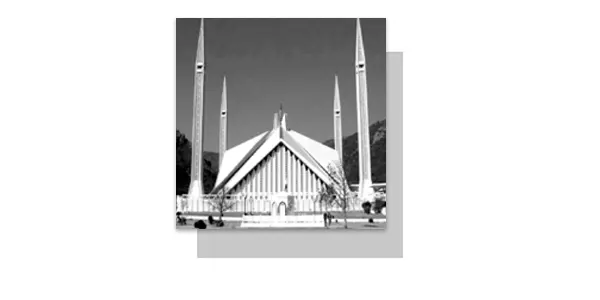

IMAM Ghazzali literally describes the entire planet as wayfarers. In Christian tradition, it’s the voice of Dante’s, ‘The Divine Comedy,’ that you are on an individual journey to God. Dante says, “In the middle of my life, I found myself in a dark wood and I was lost.” He goes through hell, the hell of the world and finally reaches the mountain of Purgatory, where the purification has to take place. There is a great scene in the Purgatory. He sees Casello and Dante loved to listen to his song, when he was in the world, so he asks him to sing. As Casello begins to sing, all the pilgrims become completely entranced. Virgil sees this, rushes and says, “What are you doing, you are not here to entertain yourself, this is what you left behind. You have a huge mountain to climb.” This wonderful moment is at the root of what Imam Ghazzali is. He is the Virgil Character who is coming and shaking us out of our slumber saying, “Wake up, you have been sleeping too long. If you don’t wake up now, you will wake up to a nightmare and that will be too late.”
For him, Tauheed the oneness of God is not a theoretical construct, but means God is doing everything, every moment. He says, “If you really understand this, you will have utter trust in God. If you are not content with your circumstances, you are not content with God. It’s God that has put you into these circumstances and what God is asking you to do is to respond to these appropriately. “There are four conditions and four appropriate responses. The first condition is blessing and response to that it is gratitude. The second is tribulations and response to that is patience. If you are in a state of blessings, God will send the people of tribulation to you and if you respond to them with heedlessness, God will take away your blessings and give it to the the people, who are in tribulation. The third condition is obedience and response to that is humility to see the grace that is there in obedience. The fourth condition is sinfulness and response to that is in repentance.” Prophet (PBUH) said, “Sinfulness is what troubles the heart, so listen to your heart and it will lead you to correct path.”
He examines all worldly things that give pleasure or happiness and refutes these one by one. Happiness for him means living a virtuous life predicated on knowledge(right knowledge) and action. He quotes Imam Ali and says, “What a wondrous thing the world is. There are only five things (sensory) that everybody derives pleasure in, drink, food, scent, cloth and sexuality. The highest drink is water and this is the least of things. The highest food is the vomit of bees, honey. The highest cloth is the excrement of worms, silk. The highest smell is mucous of a Gazelle, the musk odour. The greatest pleasure in the world is meeting of the two urinary tracts. This cannot be what happiness is. If it is then a real trick is being played on us.” Human soul is like a mirror, which reflects the light of God, but the mirror is polluted by our sins, stupidities and absentmindedness. He says you have to engage in tajred (stripping away) of these attachments and preoccupations. Most people are preoccupied with means and not the end and what is the end, it is mortality.
He says, “Look at you how you are trapped in your ignorance. The next breath is not certain, whether you see this evening or not is not certain, the only thing that is certain is that you are going to die. The Prophet (PBUH) tells us that we are on the doors of infinity, moving from a temporal abode to a permanent abode. What we are going to do in this time is going to determine our experience in the permanent abode. In the light of this, you should have no other pre occupation than what you should be doing right now.” He says, “Don’t you see your afterlife coming quickly and your temporal world disappearing before your eyes. There is no other way except the one who has real sincerity with Allah not to be fooled by glitter of this world.
Ghazzali narrates the story of Anka (Phoenix) a bird, believed to appear only once in 500 years. All birds got together and said we do not have a king, so we need to go and find Anka. It is an incredibly difficult journey, there are storms, but they all help each other by moving in a formation. It is the concept of community of believers, which shows people helping and reminding each other to stay on the spiritual path, because it is so easy to fall apart. Ghazzali is using this metaphor for search of God. The birds finally arrive and meet the Phoenix. They say look how we struggled to reach you. Phoenix says, “Do you think I would have invited people, who weren’t able to take this journey and face difficulties.” Birds say, “We did it ourselves.” That is still the ego, the love of leadership. Look at me; I am right at the door of God and Ghazzali says, “You can’t get in and enter into the presence of your Lord, if you don’t give up even that.” Extracts- ‘Islamic Spirituality and Mysticism (Sufism) – The Path and the Destination.’
—The writer is author of various books based in Rawalpindi.
Email muhammadtahir50@hotmail.com

